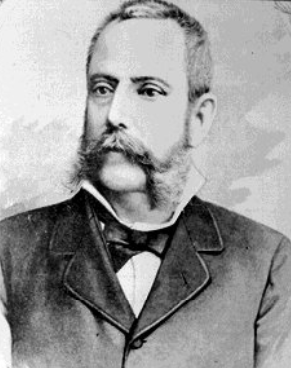Gabino Barreda and the Moral and Ethical Formation of Mexicans
The educator and philosopher Gabino Barreda was one of the people who brought positivism to Mexico and raised in various public forums the need for the moral and ethical formation of citizens.





